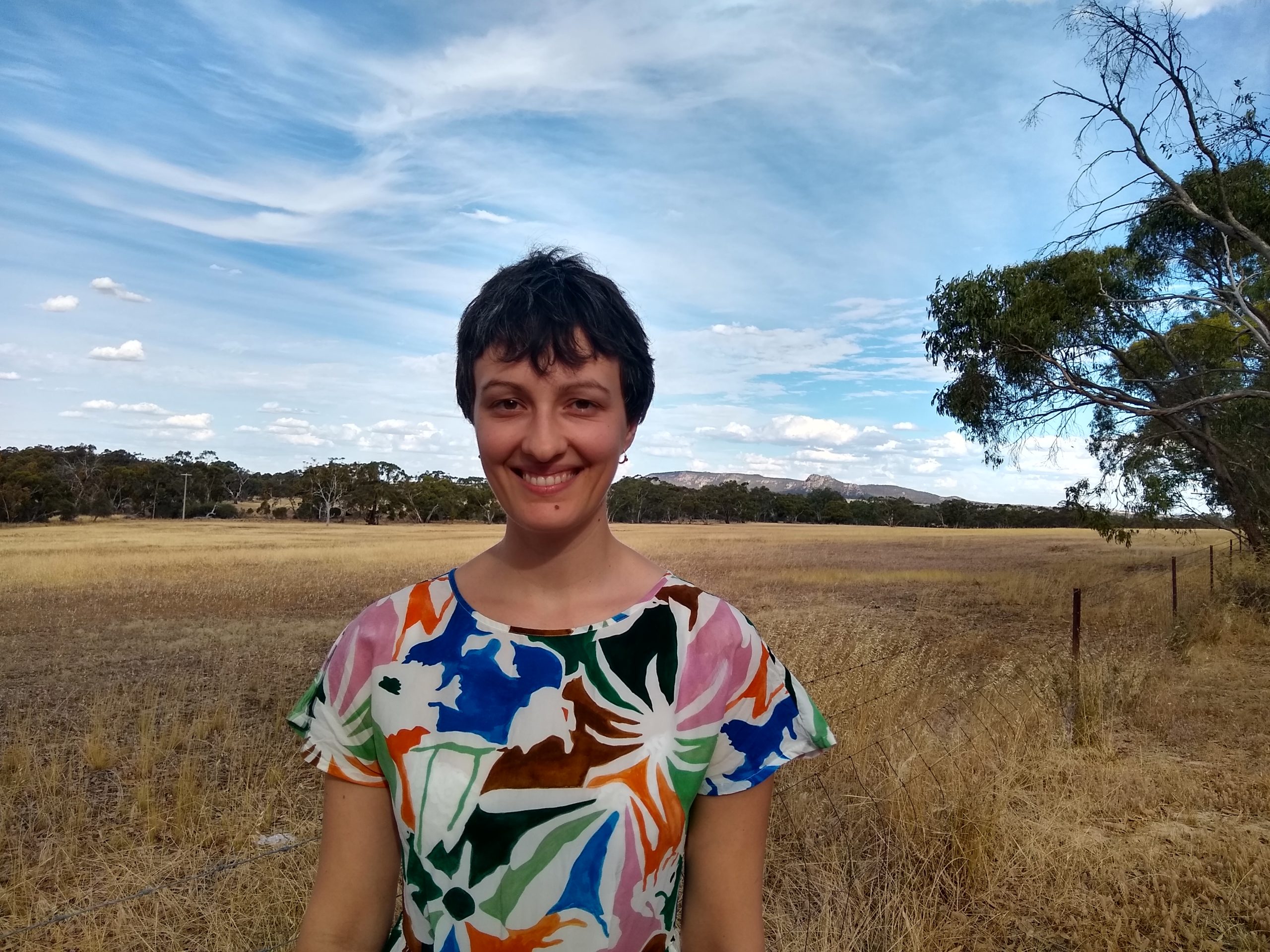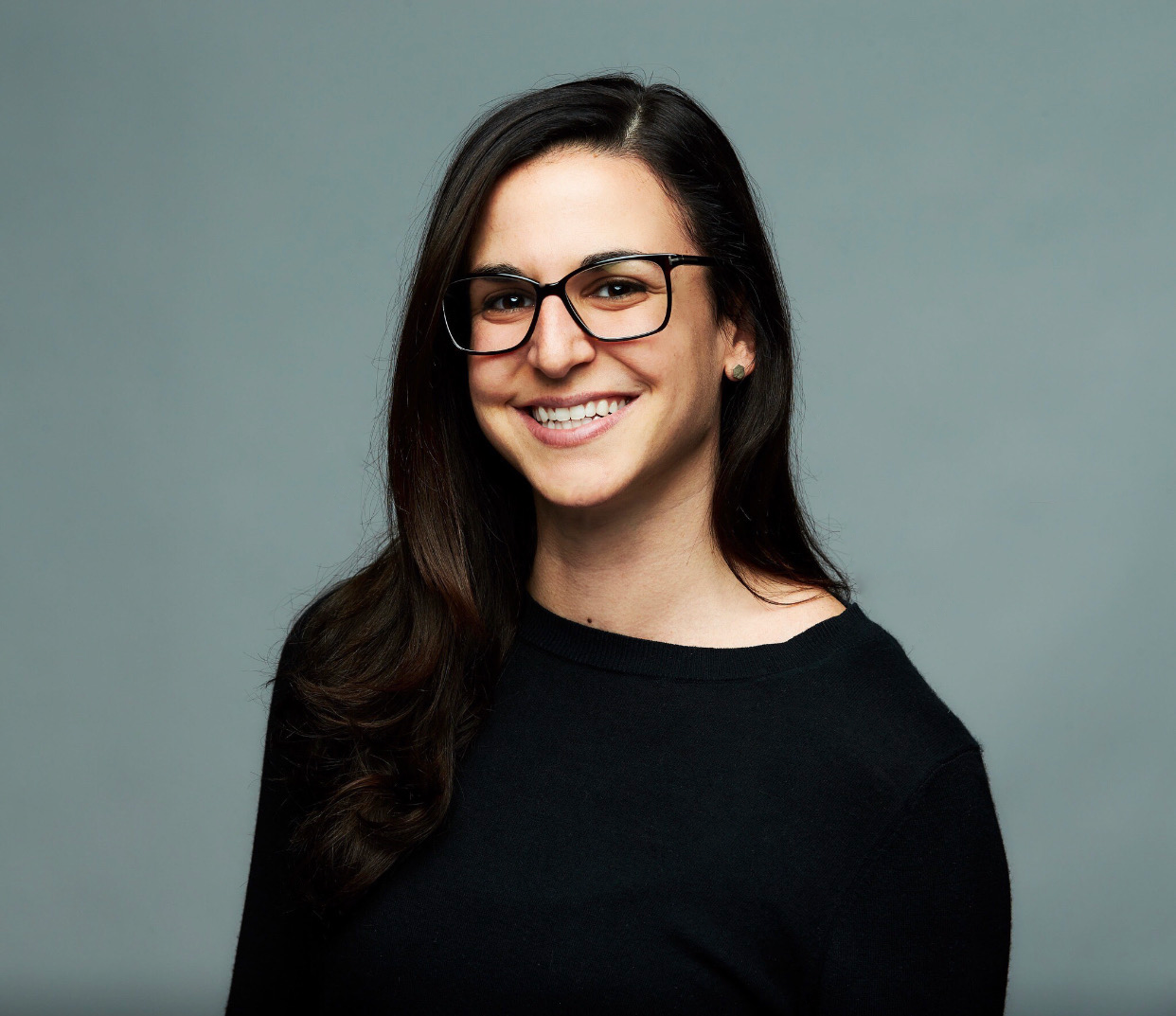Born in Melbourne, Australia • Studied Applied Mathematics at the University of Melbourne in Australia • Highest Degree Doctor of Philosophy in Mathematical Physics • Lives in Melbourne, Australia • Occupation Research Scientist
I discovered my love of maths in high school when we started learning algebra. I had never been particularly adept at arithmetic or memorising times tables, but algebra was fun. It was about learning logical rules and applying them, step by step, to solve a problem that seemed impossible from the outset. My maths career so far has taken me from applied maths to mathematical physics to statistics and data science. Though the technical areas have been different, the pattern of understanding fundamental rules to break down big problems has remained.
I followed my heart all the way to a PhD in mathematical physics where I discovered the beauty of diagrammatic algebras: equations made out of squiggly diagrams.
My decision to pursue a career in maths came during my second year of university. I had been studying engineering, which I believed to be a more stable career choice, but after a year and a half I couldn’t get excited about any of the engineering specialisations. My Mum encouraged me to follow my heart and study mathematics: study what you love and you’ll figure out the work later, she advised. I followed my heart all the way to a PhD in mathematical physics where I discovered the beauty of diagrammatic algebras: equations made out of squiggly diagrams.
After a two-year postdoc in Italy, I decided to make the switch from academia to follow a career in data science. I had avoided any statistics and probability in my university studies, because they were not topics I enjoyed in high school, but I soon learned how interesting randomness is and how useful it is for understanding the world. I was lucky enough to land a dream job at Data61, the data analytics unit of CSIRO, Australia’s national science agency. Since then I have been working on industry projects, solving applied problems in the areas of manufacturing, wildfires and public policy with statistics and machine learning. I love that even after this career change, I can still use my mathematical thinking to break problems down into their essential ingredients and solve them step by step.
Reflecting on my path from education to employment, I have learnt that careers don’t have to follow a clear and straight path.
Reflecting on my path from education to employment, I have learnt that careers don’t have to follow a clear and straight path. I have learnt that following your dreams can be a good option, but it isn’t the only one, and that trying out adjacent areas of work that are in-demand can lead to a fulfilling occupation. I have also learnt that an important output of your studies is the ability to teach yourself new skills, because flexibility is a valuable skill in the workforce – plus learning new skills keeps your work interesting.



Recent Comments